
LONDON: By sending tanks to crush dissent in the city of Hama, where memories of a bloodbath in 1982 that killed 20,000 people are still vivid, embattled Syrian President Bashar al-Assad has chosen a path of no return.
The Assads have been repeatedly warned by the United States, European Union and Turkey against any attempt to repeat the massacre of Hama, where Bashar's father Hafez Al-Assad put down a revolt by razing whole neighbourhoods of the city.
But the government is signalling to its growing legion of critics abroad that it will not bow to calls for change that have swept across the Arab world, and to its people that it is prepared to wade through blood to stay in power.
Having embarked on a military drive to crush Syria's democracy protests at all costs, the Assads appear to have decided to raise the cost of protest, just as the Muslim month of Ramazan, which began Monday, offers the opposition a platform to expand its nearly five-month-old uprising.
"The assault on Hama is an indication of loss of control. They crossed the threshold," said Bassma Kodmani, head of the Paris-based Arab Reform Initiative. "They want to show that they can raise the level of repression to the whole country."
"What has been clear is that the government is prepared to use force without limit," Beirut-based Middle East analyst Rami Khouri told Reuters. "But this is not solving the problem. Instead, it is making the rebellion more robust."
Symbol of inspiration
Bashar, who inherited power in 2000 from his father, clearly believes overwhelming force will extinguish calls for freedom.
But with 1,600 killed and thousands dragged to the dungeons of Syria's secret police, the protests have spread from city to city unbowed so far by killings, arrests, the disappearance of thousands and the systematic use of torture.
Avaaz, a global movement that monitors Syria as the government has banned foreign journalists, said that since March 15, 1,634 had died in the crackdown. The group estimated that 2,918 people had disappeared, 26,000 had been arrested with many of them beaten and tortured, and 12,617 were still in detention.
"After four months of brutal repression the regime hasn't realised that there is no military solution to the protest movement and that the only solution is to enact reforms," said Nadim Houri, of Human Rights Watch in Beirut.
The tank assault on Hama Sunday, in which 84 people were killed, is clearly an attempt to regain control of the city ahead of Ramazan and to avert protests during the holy month.
"They want to prevent Hama from becoming a symbol and inspiration for other cities," Houri said.
But the authorities, analysts say, could not have been more crude in choosing the beginning of Ramazan, a holy day in the Muslim calendar, and Hama, a bastion of revolt which occupies a significant place in Syria's history, to mount their assault.
"You cannot mention tanks and Hama and not evoke memories of the massacre," said Nadim Houri. "Ramazan is full of symbolism and the people will feel more aggrieved by the regime and there will be a backlash."
Analysts say Ramazan will witness calls at prayers for other cities to rise up, including Damascus and Aleppo, the second largest and mainly Sunni city, where demonstrations until now have been modest. They said many will heed the calls.
Few experts believe that the Assads — from the Alawite minority sect, an offshoot of Shia Islam which has ruled over this country of 23 million with a 75 per cent Sunni majority — would respond to the unrest with the sort of change its citizens are demanding: the dismantling of the police state and the Assad clan's power monopoly, free elections and an end to corruption.
For Assad to enact the reforms he has been promising since he came to power in 2000, he would have to purge the Syrian establishment of his most powerful allies and cronies. Since they are the foundation of his power, that is unlikely.
Yet, while grievances proliferate amid more bloodletting, the authorities may not be as robust as they look.
The army, in which nearly all crucial positions are held by Alawites, is nevertheless predominantly Sunni. Reports of soldiers refusing to fire on demonstrators and others who have turned their guns on their own comrades are rife.
That leaves the security services and elite army units commanded by Maher al-Assad, the president's brother, and overseen by Asef Shawkat, his brother-in-law.
Erosion of power
While these forces can ensure a prolonged and bloody conflict, they do not guarantee the Assads' long-term survival.
"The opposition will become more unified and a possible option is that the opposition will create a government in exile that will get some countries to recognize it. This will put huge pressure on the Assad regime," Khouri said.
Although the government seems to have the military might, the political and economic foundations of the Assads, in power for more than 40 years, are being eaten away.
Some advisers and businessmen hitherto close to the government are quietly distancing themselves from Assad.
Sanctions, imposed by the United States and EU, are starting to bite. Key revenue streams look shattered and the economy is declining steeply. Tourism, which accounts for 23 per cent of Syria's hard currency earnings, has collapsed and the government may be running out of money.
The Beirut-based Carnegie Middle East Center this month cited reports of $20 billion leaving the country.
Rami Makhlouf, Bashar's millionaire cousin whose interests Syrian bankers say may account for around a third of the economy, has seen pressure on him grow since he was blacklisted by the US Treasury in 2008.
A shareholders meeting of Cham Holding, his main business and Syria's largest private company, was, according to one investor present, unable to elect a new board last month after the outgoing chairman, Nabil al-Kuzbari, was blacklisted by the US Treasury's Office of Foreign Assets Control.
One expert said Makhlouf made a $1 billion deposit in June to shore up central bank reserves and the Syrian pound. An Arab diplomat said Syria had asked a Gulf Arab country to deposit $1 billion in the central bank but the request had been ignored.
Syria's isolation can only continue after the weekend's assault on Hama prompted wide condemnation and the European Union extended sanctions against Assad's government.
"They are slowly losing legitimacy among more Syrians and generating more opposition at home and abroad," said Khouri.
The main fear of Sunni Arab governments in the region is that Syria, with an ethnic mix, could descend into sectarian mayhem if the Assad government collapses, something that could destabilise the entire Middle East.
But the Hama assault on fellow Sunnis could finally force the Sunni governments to break their silence and inaction.
"The Hama massacre is a watershed," said Murhaf Jouejati, Professor of Middle East Studies at the Washington-based National Defence University.
"The ferocity of the assault is increasingly galvanising the international community against the Assad regime and increasing the number of anti-Assad Syrians who until now have been sitting on the fence."




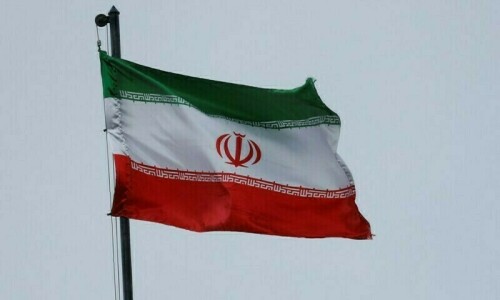













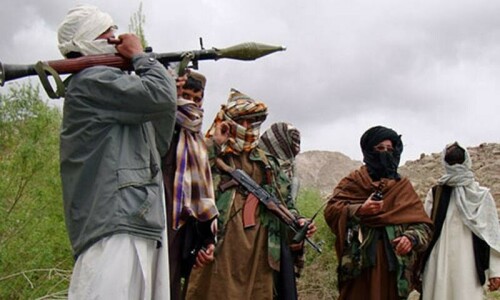




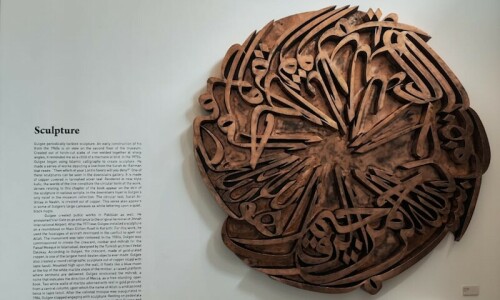











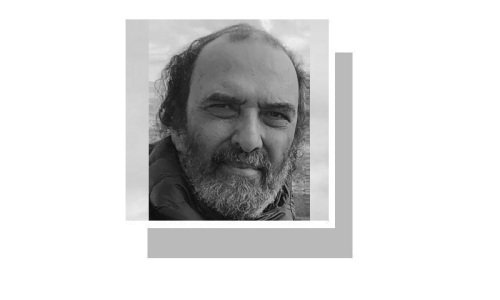


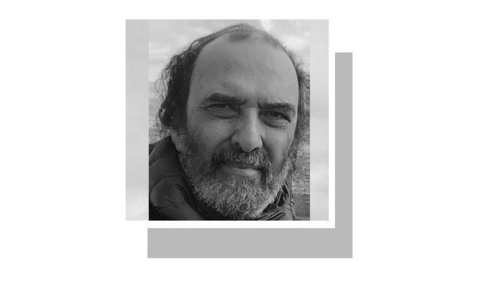
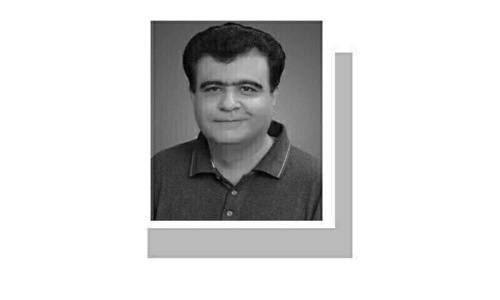
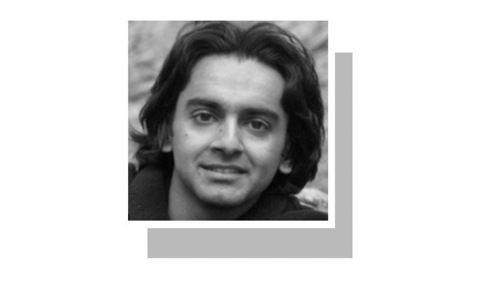






Dear visitor, the comments section is undergoing an overhaul and will return soon.